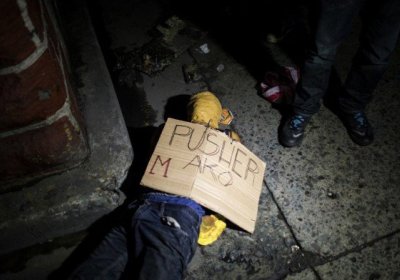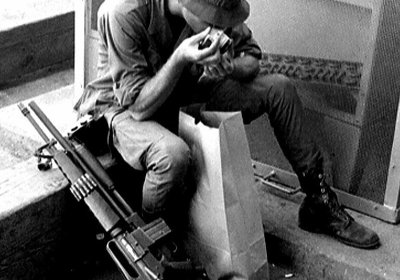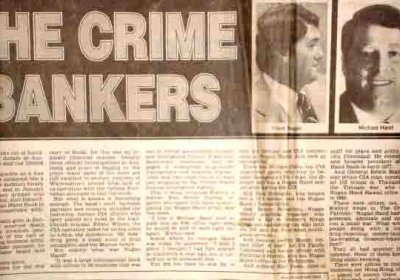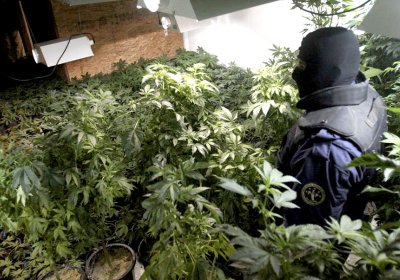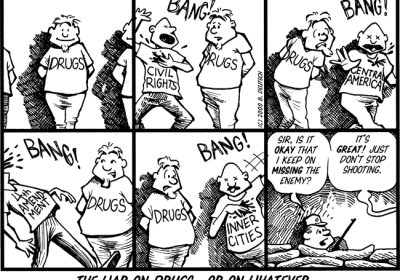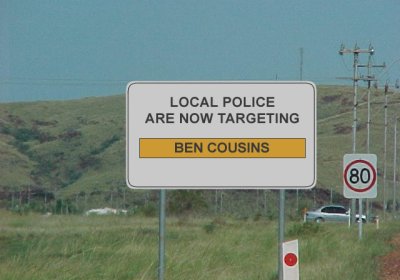The recent federal budget announced a terrible new policy — drug testing 5000 new recipients of Youth Allowance or Newstart. The drugs tested for will be cannabis, methamphetamine and MDMA.
Prime Minister Malcolm Turnbull has defended the policy as "aimed at stabilising the lives of people with alcohol and drug abuse problems by encouraging them to participate in treatment as part of their Job Plan". At the same time, people with diagnosed substance abuse disorders have been excluded from disability benefits.



